
Kód: 24865146
Brassica Improvement
Autor Shabir Hussain Wani, Yasin Jeshima Khan, Ajay Kumar Thakur
Global population is mounting at an alarming stride to surpass 9.3 billion by 2050, whereas simultaneously the agricultural productivity is gravely affected by climate changes resulting in increased biotic and abiotic stresses. Th ... celý popis
- Jazyk:
 Angličtina
Angličtina - Väzba: Pevná
- Počet strán: 253
Nakladateľ: Springer Nature Switzerland AG, 2020
- Viac informácií o knihe

215.20 €

Skladom u dodávateľa v malom množstve
Odosielame za 12 - 17 dní
Potrebujete viac kusov?Ak máte záujem o viac kusov, preverte, prosím, najprv dostupnosť titulu na našej zákazníckej podpore.
Pridať medzi želanie
Mohlo by sa vám tiež páčiť
-

Itch Rocks
8 € -22 % -

Pretrial Litigation in a Nutshell
105.65 € -

The Bible of Every Land
39.83 € -

A Force to Be Reckoned With
34.80 € -4 % -

Isiah's Little Black Book: The Perfect Dating Companion for a Handsome Man Named Isiah. A secret place for names, phone numbers, and addresses.
10.57 € -

The Wooing of the Father
13.95 € -

Supernatural Power of the Transformed Mind Expanded Edition
36.23 €
Darujte túto knihu ešte dnes
- Objednajte knihu a vyberte Zaslať ako darček.
- Obratom obdržíte darovací poukaz na knihu, ktorý môžete ihneď odovzdať obdarovanému.
- Knihu zašleme na adresu obdarovaného, o nič sa nestaráte.
Viac informácií o knihe Brassica Improvement
Nákupom získate 530 bodov
 Anotácia knihy
Anotácia knihy
Global population is mounting at an alarming stride to surpass 9.3 billion by 2050, whereas simultaneously the agricultural productivity is gravely affected by climate changes resulting in increased biotic and abiotic stresses. The genus Brassica belongs to the mustard family whose members are known as cruciferous vegetables, cabbages or mustard plants. Rapeseed-mustard is world's third most important source of edible oil after soybean and oil palm. It has worldwide acceptance owing to its rare combination of health promoting factors. It has very low levels of saturated fatty acids which make it the healthiest edible oil that is commonly available. Apart from this, it is rich in antioxidants by virtue of tocopherols and phytosterols presence in the oil. The high omega 3 content reduces the risk of atherosclerosis/heart attack. Conventional breeding methods have met with limited success in Brassica because yield and stress resilience are polygenic traits and are greatly influenced by environment. Therefore, it is imperative to accelerate the efforts to unravel the biochemical, physiological and molecular mechanisms underlying yield, quality and tolerance towards biotic and abiotic stresses in Brassica. To exploit its fullest potential, systematic efforts are needed to unlock the genetic information for new germplasms that tolerate initial and terminal state heat coupled with moisture stress. For instance, wild relatives may be exploited in developing introgressed and resynthesized lines with desirable attributes. Exploitation of heterosis is another important area which can be achieved by introducing transgenics to raise stable CMS lines. Doubled haploid breeding and marker assisted selection should be employed along with conventional breeding. Breeding programmes aim at enhancing resource use efficiency, especially nutrient and water as well as adoption to aberrant environmental changes should also be considered. Biotechnological interventions are essential for altering the biosynthetic pathways for developing high oleic and low linolenic lines. Accordingly, tools such as microspore and ovule culture, embryo rescue, isolation of trait specific genes especially for aphid, Sclerotinia and alternaria blight resistance, etc. along with identification of potential lines based on genetic diversity can assist ongoing breeding programmes. In this book, we highlight the recent molecular, genetic and genomic interventions made to achieve crop improvement in terms of yield increase, quality and stress tolerance in Brassica, with a special emphasis in Rapeseed-mustard.
 Parametre knihy
Parametre knihy
Zaradenie knihy Knihy po anglicky Technology, engineering, agriculture Agriculture & farming Agricultural science
215.20 €
- Celý názov: Brassica Improvement
- Podnázov: Molecular, Genetics and Genomic Perspectives
- Autor: Shabir Hussain Wani, Yasin Jeshima Khan, Ajay Kumar Thakur
- Jazyk:
 Angličtina
Angličtina - Väzba: Pevná
- Počet strán: 253
- EAN: 9783030346935
- ID: 24865146
- Nakladateľ: Springer Nature Switzerland AG
- Hmotnosť: 571 g
- Rozmery: 235 × 155 × 20 mm
- Dátum vydania: 14. March 2020
Obľúbené z iného súdka
-
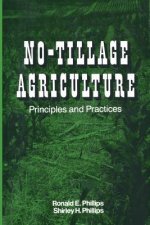
No-Tillage Agriculture
139.94 € -
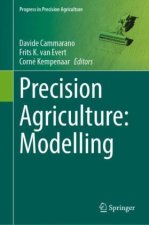
Precision Agriculture: Modelling
252.89 € -
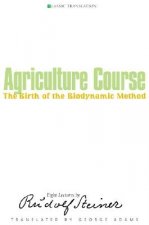
Agriculture Course
16.01 € -15 % -

Aquaponic Farmer
43.53 € -15 % -
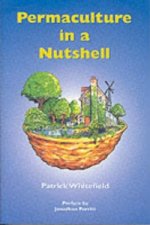
Permaculture in a Nutshell
7.69 € -13 % -
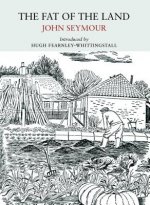
Fat of the Land
16.62 € -23 % -
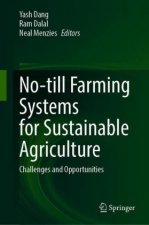
No-till Farming Systems for Sustainable Agriculture
218.90 € -
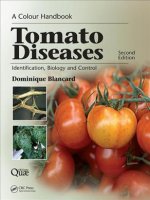
Tomato Diseases
75.05 € -
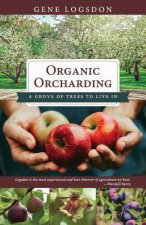
Organic Orcharding
28.12 € -
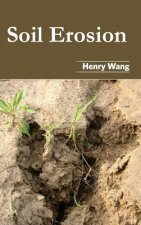
Soil Erosion
98.25 € -
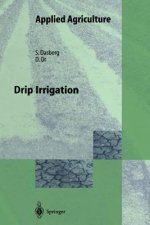
Drip Irrigation
71.04 € -
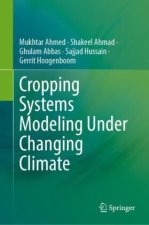
Cropping Systems Modeling Under Changing Climate
204.63 € -
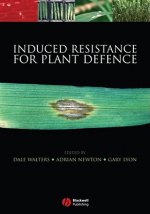
Induced Resistance for Plant Defence: A Sustainabl e Approach to Crop Protection
281.53 € -
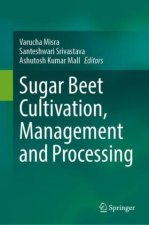
Sugar Beet Cultivation, Management and Processing, 2 Teile
282.05 € -
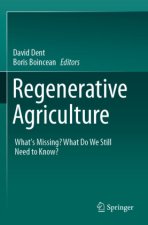
Regenerative Agriculture
415.84 € -
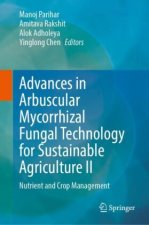
Advances in Arbuscular Mycorrhizal Fungal Technology for Sustainable Agriculture II
204.63 € -
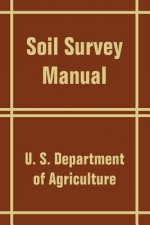
Soil Survey Manual
36.85 € -
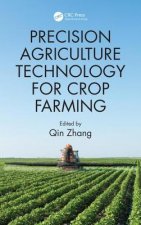
Precision Agriculture Technology for Crop Farming
294.88 € -
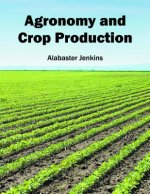
Agronomy and Crop Production
157.40 € -
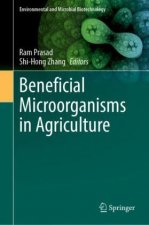
Beneficial Microorganisms in Agriculture
320.35 € -
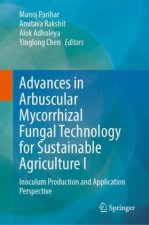
Advances in Arbuscular Mycorrhizal Fungal Technology for Sustainable Agriculture I
252.89 € -
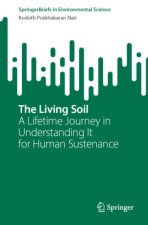
The Living Soil
71.04 € -

Agricultural Testament
18.16 € -
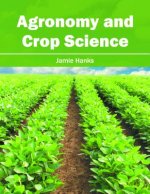
Agronomy and Crop Science
162.73 € -
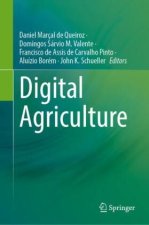
Digital Agriculture
139.94 € -
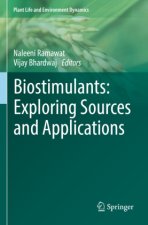
Biostimulants: Exploring Sources and Applications
277.94 € -
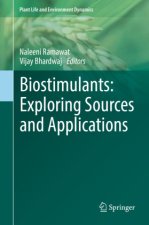
Biostimulants: Exploring Sources and Applications
277.94 € -
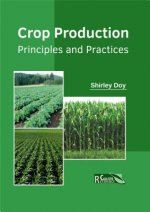
Crop Production: Principles and Practices
141.27 € -
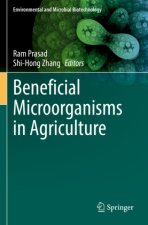
Beneficial Microorganisms in Agriculture
279.58 € -
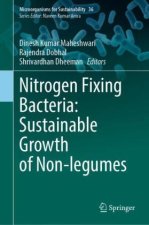
Nitrogen Fixing Bacteria: Sustainable Growth of Non-legumes
121.97 € -
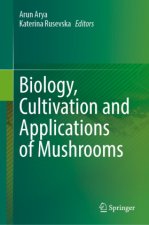
Biology, Cultivation and Applications of Mushrooms
277.94 € -
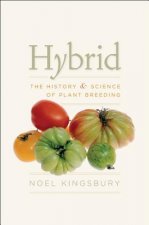
Hybrid
47.22 € -
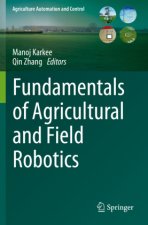
Fundamentals of Agricultural and Field Robotics
227.32 € -
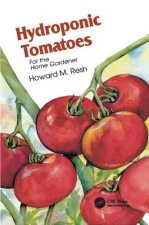
Hydroponic Tomatoes
287.90 € -
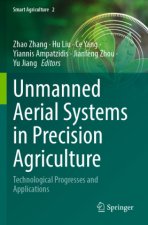
Unmanned Aerial Systems in Precision Agriculture
252.89 € -

Bayesian Data Analysis for Animal Scientists
101.85 € -
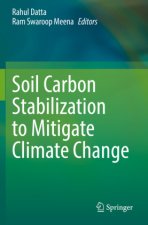
Soil Carbon Stabilization to Mitigate Climate Change
353.20 € -
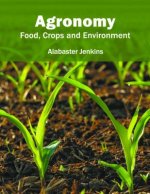
Agronomy: Food, Crops and Environment
166.02 € -
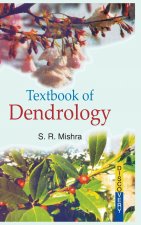
Textbook of Dendrology
141.48 € -
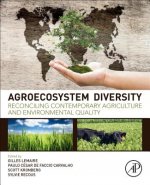
Agroecosystem Diversity
173.62 € -
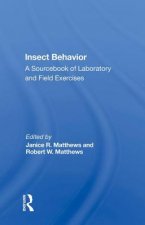
Insect Behavior
202.47 € -

Soils of Spain
121.97 € -
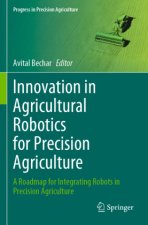
Innovation in Agricultural Robotics for Precision Agriculture
277.94 € -
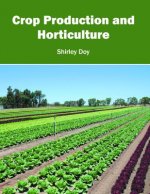
Crop Production and Horticulture
168.18 € -

Independent Farmstead
39.62 € -3 % -

Hydroponics
256.58 € -
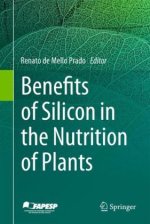
Benefits of Silicon in the Nutrition of Plants
252.89 € -
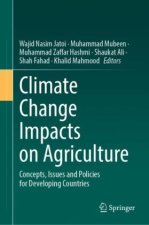
Climate Change Impacts on Agriculture
256.58 € -
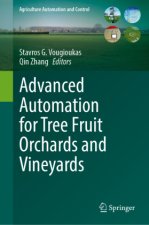
Advanced Automation for Tree Fruit Orchards and Vineyards
252.89 €
Osobný odber Bratislava a 2642 dalších
Copyright ©2008-24 najlacnejsie-knihy.sk Všetky práva vyhradenéSúkromieCookies


 21 miliónov titulov
21 miliónov titulov Vrátenie do mesiaca
Vrátenie do mesiaca 02/210 210 99 (8-15.30h)
02/210 210 99 (8-15.30h)